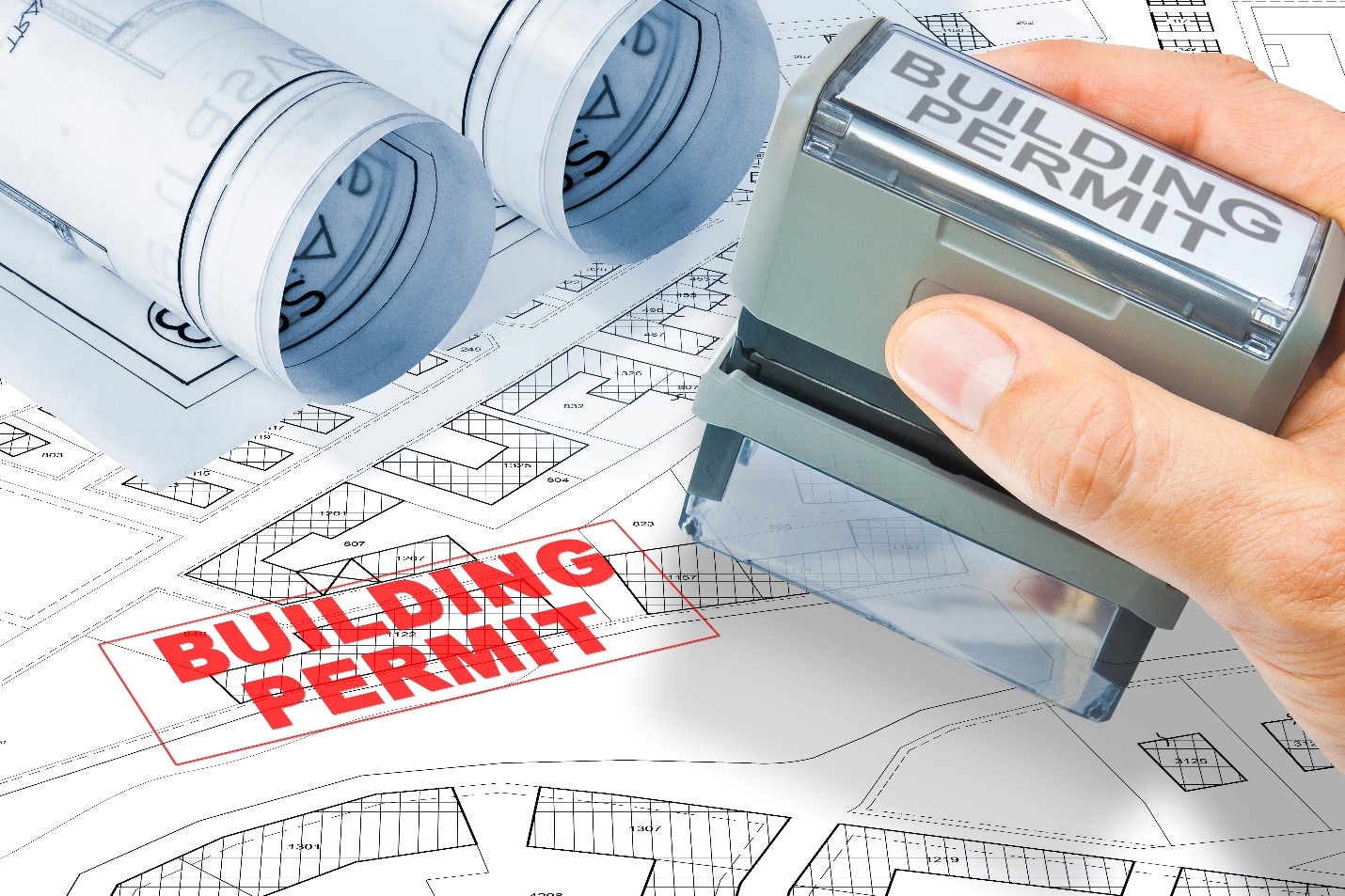
Why This Audit Matters
The Ontario Building Code (Building Code) sets the minimum standards for the design and construction of buildings to minimize risk to the health and safety of occupants. Reviewing and approving building permit applications can help ensure that proposed construction complies with the Building Code, Zoning by-laws, and other Applicable Law.
Our audit highlights that the Toronto Building Division can strengthen its building permit application intake and plan review processes to better enforce compliance with the Building Code Act (the Act) and the Building Code, and improve customer service.
Background
The Building Code Act, 1992 is the legislative framework governing the construction, renovation, demolition and change of use of buildings in the province of Ontario. The Building Code includes standards for public health and safety, fire protection, structural sufficiency, and barrier-free accessibility to buildings. A building permit is required when constructing or demolishing a “building” as defined in the Act, or for changes of use that result in an increase in hazard as defined in the Building Code.
What We Found
Through this audit, we identified the following areas for continuous improvement:
A. Reinforcing Quality and Consistency in Reviewing Building Permit Applications and Compliance with Legislated Time Frames
We found opportunities to:
- Improve service levels for the overall processing of building permit applications – For applications we reviewed where the plan review stage was not completed within the legislated or internal service level time frames, it took about 17 business days, on average, over and above the time frames to complete the reviews. The reasons for delays are not tracked in the building permit information system (IBMS). Applications not processed within prescribed timelines can impact the applicant’s customer service experience.
- Improve the timeliness and quality of the review of application submissions at intake – Documents required to be submitted with the permit application were not always obtained or were insufficient.
- Strengthen the retention of centralized records of plan review activities – Toronto Building needs to reinforce to staff the importance of adhering to good documentation and record retention practices in IBMS.
- Improve processes to ensure timely review of resubmissions of additional information and inactive permit applications.
B. Enhancing Operational Policies and Strengthening Management Oversight
- We found opportunities to enhance Toronto Building’s operational policies and procedures, strengthen supervision, monitoring and quality assurance processes, and improve onboarding and ongoing training of staff:
- Some key application intake and plan review activities where there are no policies or guidelines and some existing policies have not been reviewed/updated in 10+ years.
- Staff indicated that supervisory oversight and monitoring is limited.
- There is no requirement for management to conduct quality assurance reviews of building permit application files.
C. Modernizing Technology and Data Needed to Better Support Building Permit Application Intake and Plan Review Processes
- IBMS is outdated and presents challenges to staff because of its limited functionalities and the way it captures data. We identified opportunities to:
- Enhance system functionality to support better data collection and more efficient and improved building permit application intake and plan review processes.
- Improve quality and reliability of data to support decision making.
By The Numbers
- 37,000 building permits issued in 2023
- Submissions related to 42,000 applications were reviewed in 2023
- 38% of the 236,000 applications received between January 1, 2018 and March 31, 2023, took more than two days to complete the intake process
- 21% of applications we reviewed were missing documentation that should have been identified at the Intake stage
- 55% of applications we reviewed were not processed within legislated or internal service level time frames
- 44% of open permit applications in the Plan Review stage had no activity for more than six months
How Recommendations Will Benefit the City
The 11 recommendations in this report will help to improve Toronto Building’s policies and processes for building permit application intake and plan reviews and reinforce quality and consistency in reviewing building permit applications within legislated timelines.